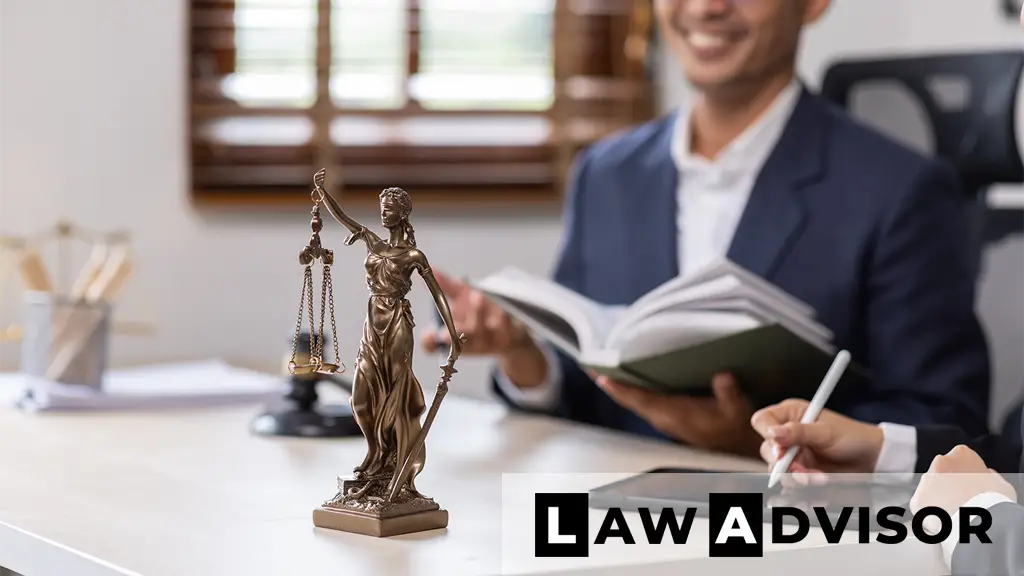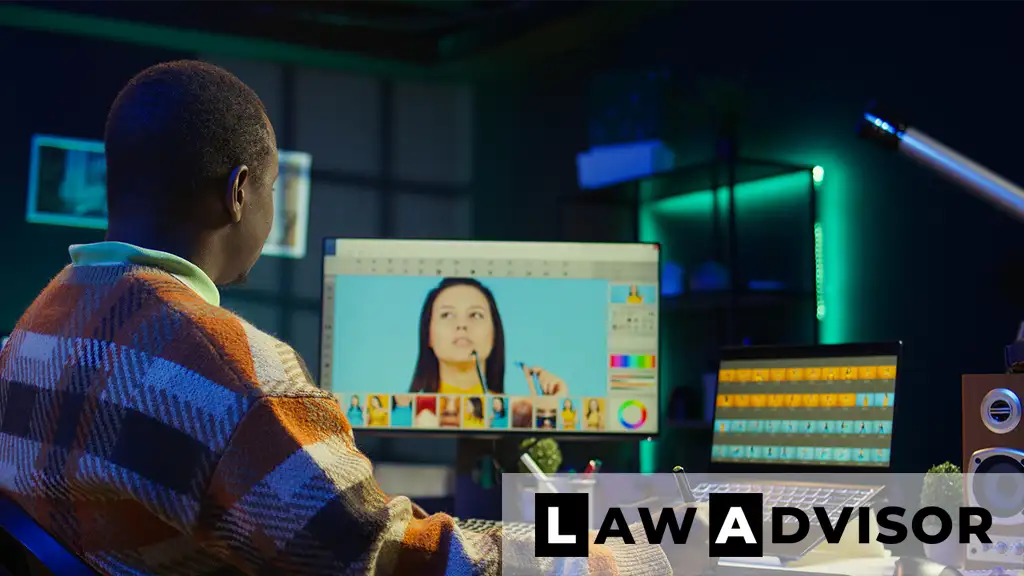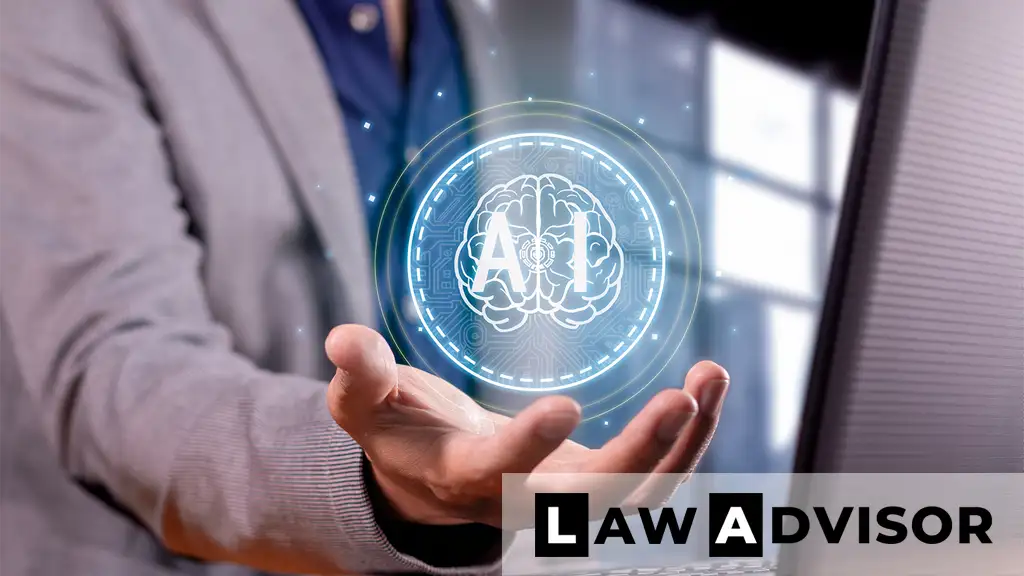Imagine being tried twice for the same crime — once found innocent, and then dragged back into court for another shot at conviction. Sounds unfair, right? That’s exactly what the Double Jeopardy Clause of the U.S. Constitution was designed to prevent.
But what does this protection really mean? When does it apply? Are there exceptions? And how can you tell whether your legal rights are being violated?
In this in-depth guide, we explain everything you need to know about this constitutional safeguard — in plain English, backed by legal clarity and real-world relevance.
What Is Double Jeopardy?
Double jeopardy is a legal principle that prevents someone from being prosecuted more than once for the same offense after:
- An acquittal
- A conviction
- Certain types of dismissal
This rule is rooted in the Fifth Amendment to the U.S. Constitution, which states:
“…nor shall any person be subject for the same offence to be twice put in jeopardy of life or limb…”
In simple terms: once your case is resolved, the government doesn’t get a second chance.
Why the Principle Exists
The doctrine serves several critical purposes:
Protects Against Government Abuse
Prevents prosecutors from repeatedly trying a person in hopes of getting a conviction.
Promotes Finality and Peace of Mind
Once a legal matter is resolved, the accused can move on with their life.
Preserves Judicial Efficiency
Stops the courts from becoming clogged with repetitive trials.
Balances Power Between State and Individual
Ensures the government doesn’t hold an unfair advantage with endless opportunities to prosecute.
Key Elements to Understand
To understand how it works in practice, let’s break down the key components.
1. “Same Offense”
The government cannot try you again for the same crime, but determining what counts as “the same offense” is more complex than it sounds.
Courts apply the Blockburger Test: If each offense requires proof of an additional fact the other does not, they are not the same offense.
2. “Jeopardy Attaches”
Jeopardy “attaches” — meaning your protection kicks in — when:
- A jury is sworn in (jury trial)
- The first witness is sworn in (bench trial)
Before that, the government may still dismiss and refile charges.
3. Final Outcome Required
This protection only applies if there has been a final outcome:
- Acquittal (not guilty verdict)
- Conviction
- Dismissal with prejudice
Mistrials, appeals, or hung juries may not trigger protections.
When the Rule Applies
Let’s walk through some clear examples of when you’re protected:
Acquittal
If you’re found not guilty, that’s it. The government cannot retry you, even if new evidence comes out later.
Conviction
Once convicted and sentenced, you can’t be prosecuted again for the same crime — unless the conviction is overturned on appeal and you request a new trial.
Dismissal With Prejudice
If the court dismisses a case “with prejudice,” it cannot be refiled.
When It Does NOT Apply
Now for the exceptions — and yes, there are a few.
Mistrial
If the trial ends in a hung jury or a mistrial, the prosecution may try again.
Appeals Filed by Defendant
If you appeal and your conviction is overturned, the government can retry you.
Separate Sovereigns Doctrine
This one’s big: If two different governments (sovereigns) charge you for the same act, it’s not considered double jeopardy.
Example: You’re tried in state court for assault. Then, the federal government charges you for a hate crime based on the same act.
⚠️ Yes, that’s legal. The state and federal governments are considered separate entities.
Civil vs. Criminal Cases
This protection only applies to criminal cases. You can still face civil liability for the same conduct.
Example: You’re acquitted of assault but sued for damages in civil court. This is allowed.
Real-World Example: The Rodney King Case
In 1991, LAPD officers were tried in California state court for assault. They were acquitted.
Then, in federal court, the U.S. Department of Justice charged them with civil rights violations. → This was not considered double jeopardy because state and federal prosecutions are considered separate.
Does It Apply to Sentencing?
Generally, no. But once a sentence is imposed and finalized, it cannot be increased after the fact.
Example: If a judge imposes a 3-year sentence, they can’t later change it to 5 years unless the original sentence is invalidated on appeal.
You May Wanna Check Out:
- What Happens After a DUI Arrest? Legal Consequences & Next Steps
- What Is a Plea Bargain? (2025 Legal Guide)
- Can Police Lie to You During Interrogation? Here’s the Truth
Final Thoughts: Know Your Rights
Double jeopardy isn’t just legal jargon — it’s a constitutional right that protects you from government overreach. Whether you’ve been acquitted, convicted, or had charges dismissed, you deserve finality and freedom from fear of endless prosecution.
If you think your rights under this clause are being violated, speak to a qualified criminal defense attorney immediately.
In criminal law, what you don’t know can hurt you — but knowing your protections can keep justice in balance.
Frequently Asked Questions (FAQs)
Q: What is double jeopardy in criminal law?
A: It is a legal protection that prevents someone from being tried twice for the same crime after a final verdict has been reached.
Q: Are there exceptions to this rule?
A: Yes. It does not apply to civil cases, separate sovereigns (e.g. federal vs. state), or mistrials under certain conditions.
Q: When does this protection attach?
A: It attaches when a jury is sworn in or, in a bench trial, when the first witness is sworn.
You can learn more about this principle under the Fifth Amendment from the Legal Information Institute at Cornell Law.





